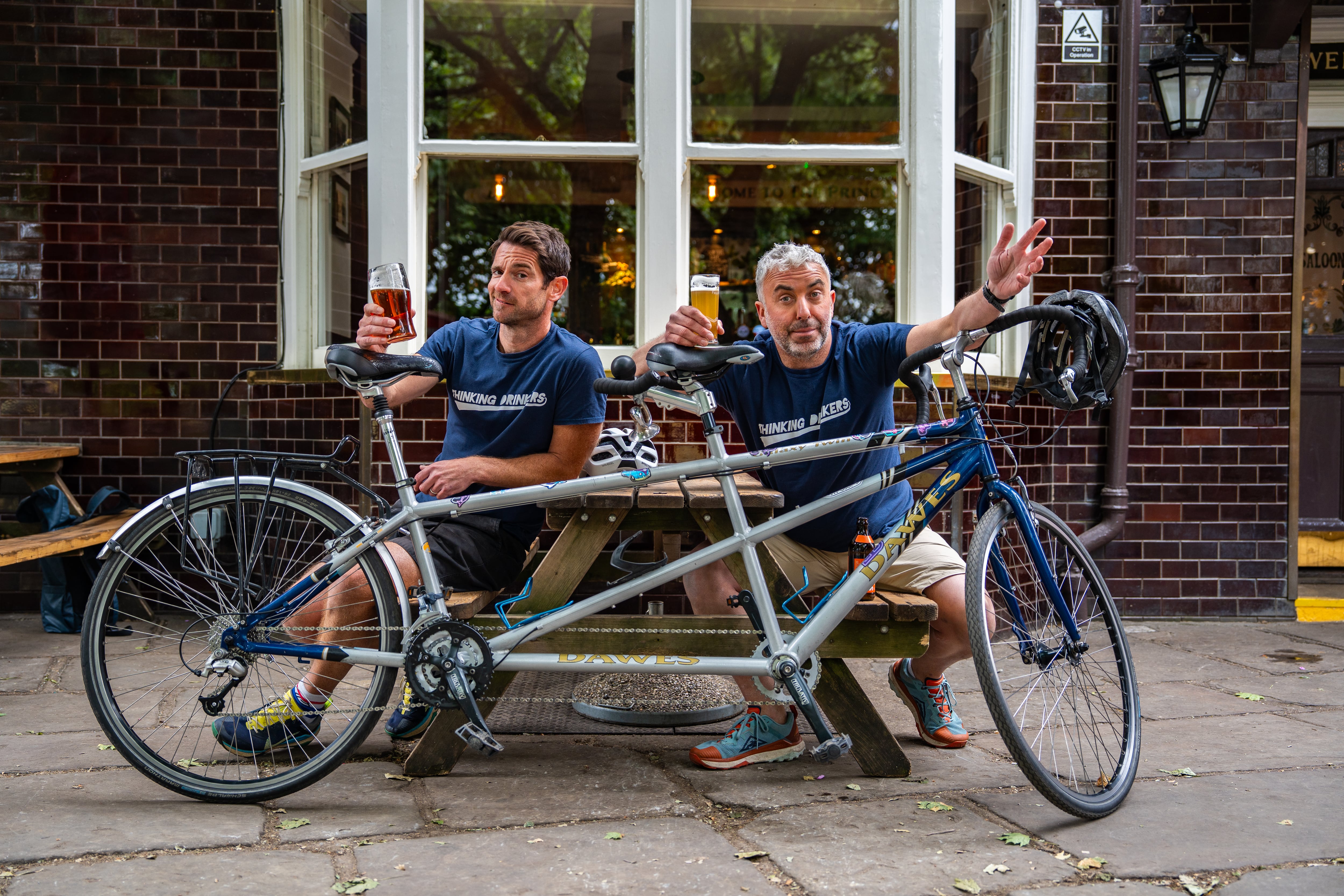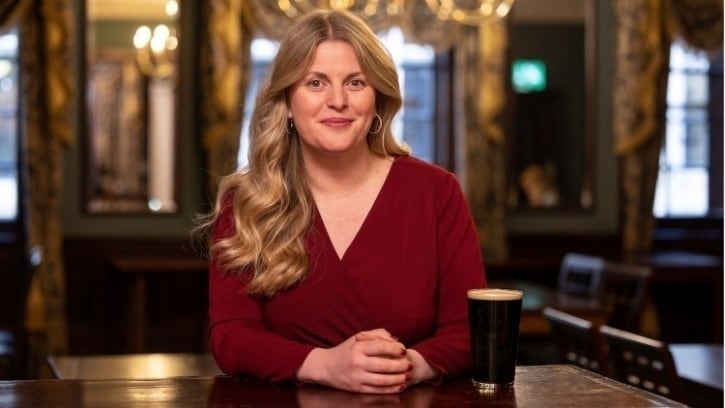The past six months, to 30 April 2025, has seen UK hospitality and leisure sector demonstrating resilience despite mounting cost pressures and evolving consumer behaviour, according to banking expert OakNorth.
The business, which has provided financing to groups including all-day café-bar operator Loungers, Inception Group and Heartwood Collection, said in its latest Hospitality & Leisure Sector Pulse report, summer will boost sales “especially for outdoor beer gardens and lighter menu options”.
It also believes local events such as barbecues, live music and a packed sporting calendar will “attract steady crowds”.
However, the rate of employer national insurance contributions (NICs) rose from 13.8% to 15% at the start of April and the hospitality sector is “characterised by a high proportion of low-paid and temporary workers” will be affected moving forward.
Promotion offers sought
While the 6.7% national living wage hike has raised labour costs for hospitality businesses, which may already be grappling with tight profit margins.
OakNorth said: “As of March 2025, ONS stats showed 66% of British adults reported an increase in their cost of living, up from 45% in July 2024. As a result, data has shown consumers are on the hunt for promotional offers and quick-service restaurant (QSR) formats over mid-priced full-service dining and bars, reflecting ongoing budget constraints despite recent real wage growth.”
On exchange rates, a weaker pound, particularly against the US Dollar, has previously enhanced the UK’s appeal to international travellers by improving relative affordability but the dollar has suffered in recent months after worldwide tariff wars were started by the US.
The bank said: “Urban hospitality recovery is expected to gradually strengthen, supported by improved tourism flows, higher office attendance midweek (especially Thursdays and Fridays), and a busy summer event calendar.
“Major cities, such as London, Birmingham and Manchester are expected to benefit from increased footfall driven by music tours, regular sporting and cultural events, and university freshers’ events. Furthermore, selective adaptive venues, such as day-to-night flexible formats and low & no-alcohol options, are expected to capture incremental discretionary spend.”
AI being used in sector
OakNorth noted AI is on the rise with a greater number of restaurants, pubs and bars started to leverage AI and automation to streamline operations.
This has ranged from AI-powered analytics for demand forecasting and staff scheduling, to experimental robotic assistants for food running or even basic customer service with Miller & Carter now using AI-powered target marketing through Facebook and Instagram.
It added insolvencies remain higher than pre-pandemic levels. Factors contributing to this include rising energy costs and as mentioned, increased NICs for employers as well as various changes in consumer spending habits.
OakNorth head of debt Ben Barbanel said: “While structural headwinds remain, especially in labour and cost inflation, resilient demand in experience-led formats, inbound tourism and suburban hospitality are supporting the industry’s recovery.
“Furthermore, the sector’s overall openness and ability to embrace technology, manage costs and adapt to evolving consumer behaviour will be key factors in defining performance in the months ahead.”




